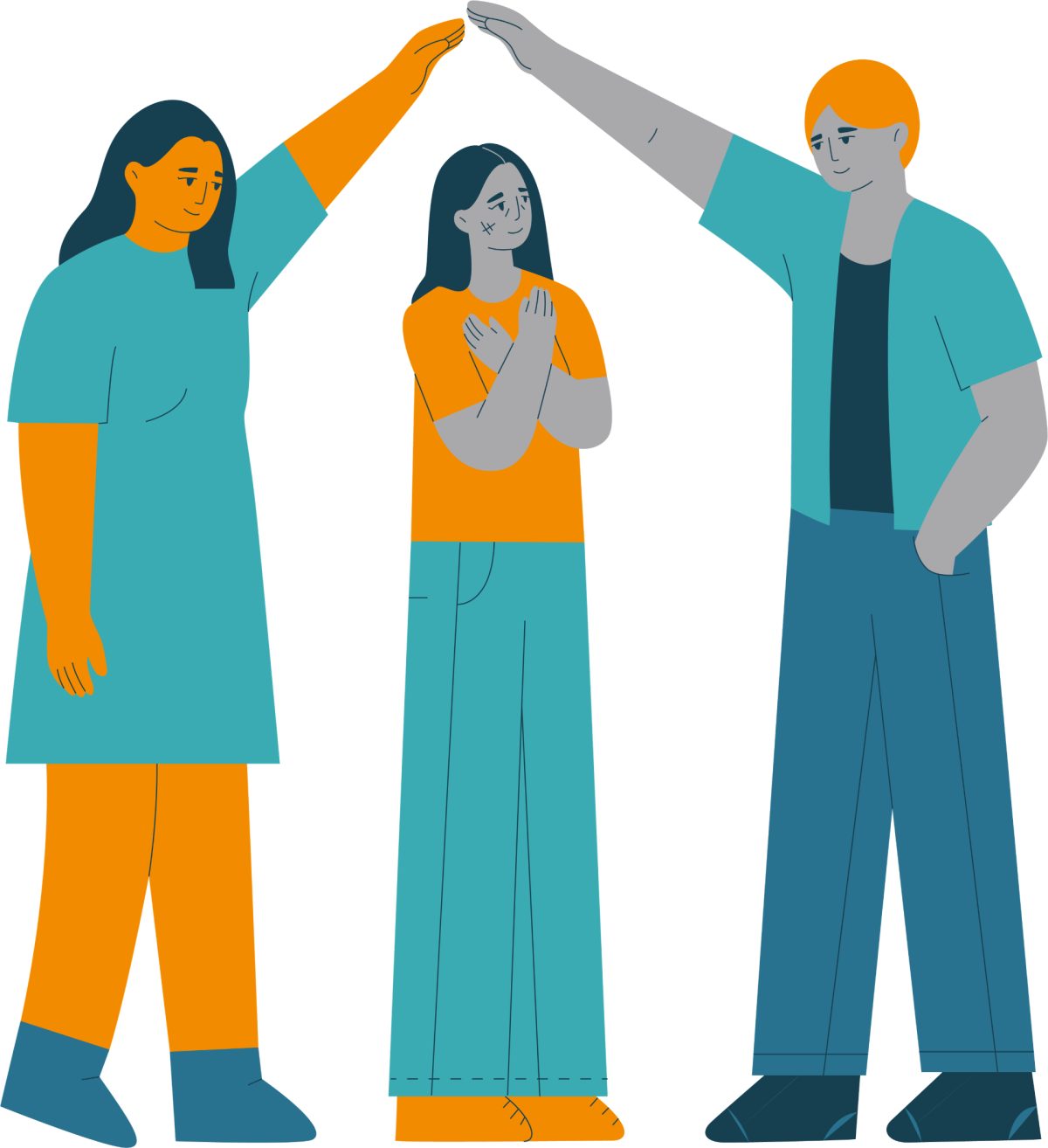Our Work
Young People
This year, we saw a significant increase in the number of young people coming to us for support with poor mental health, whilst also facing homelessness.
These young people often had an undiagnosed mental health condition or learning difficulty, which drastically increased the complexity of their needs.

Our work supporting young people across Buckinghamshire evolved this year, with two of our services (Housing Interaction Trust [HIT] and Padstones Supported Accommodation) amalgamating to form one project: HITPAD. HITPAD is a young people's supported accommodation service that not only places young people (aged 16 – 24) in either shared or self-contained accommodation, but also empowers young people to develop their skills so that they can live more independently.
"We have 27 beds across Buckinghamshire, allowing us to provide safe accommodation for young people who are either homeless or at risk of imminent homelessness."
We have 27 beds across Buckinghamshire, allowing us to provide safe accommodation for young people who are either homeless or at risk of imminent homelessness. The merging of both services brought about change for both the staff and young people accessing the service, particularly because it removed the 24-hour staffing element that had previously been part of our Padstones project. This much anticipated change encouraged higher levels of independence amongst the cohort. We also found that restructuring the staff team to suit this new model allowed staff to work more flexibly, enabling them to support young people in the community far more. By the end of the year, the service had accepted 24 new referrals and successfully closed 13 cases.
Across Buckinghamshire and South Oxfordshire, we continued to deliver our Young People's Supported Accommodation service (YPSA), which supports young people aged 16 – 25 who face homelessness. The young people moved into suitable accommodation, either in self-contained units or HMOs (Houses in Multiple Occupation) and were supported to transition into mainstream adult life, finding independence through education, training, and employment. Many of the young people we helped were suffering from greater needs due to the pandemic, and we saw an increase in the number of clients coming to us with undiagnosed learning difficulties and mental health conditions. However, by providing one-to-one tailored support, the service was able to support vulnerable young people in developing daily living skills, such as cooking, budgeting, looking after their tenancy and paying their bills.
Our Support Workers also assisted them with claiming benefits, registering with a local GP, finding employment or training opportunities, and providing much-needed emotional support.
